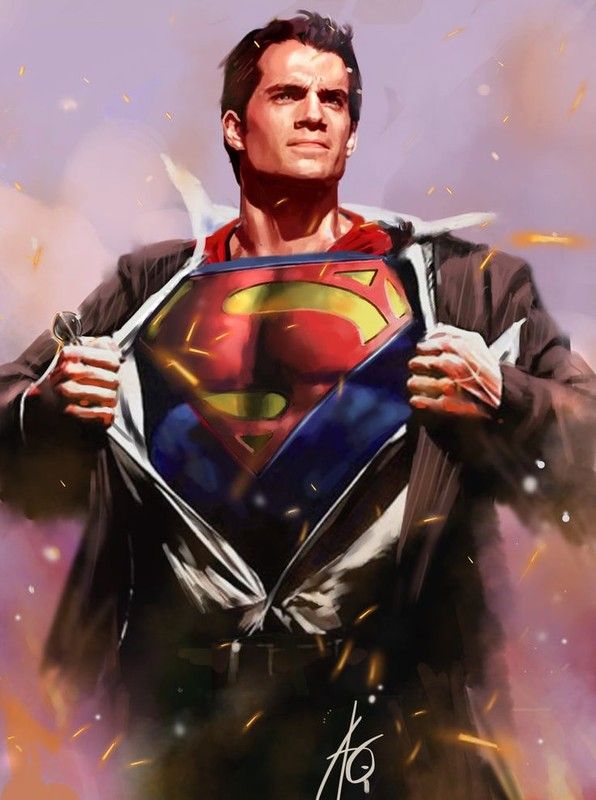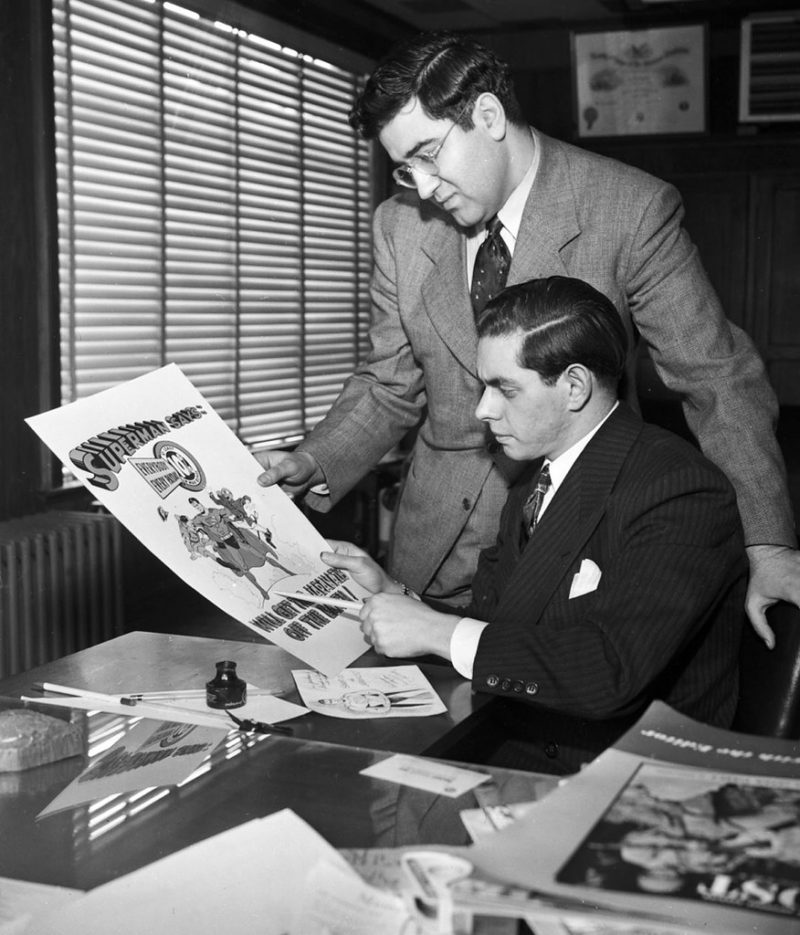


He destroyed Nazi armor, Japanese submarines and everything else that was thrown at the Allies. When the United States entered World War II after the Japanese attack on Pearl Harbor, Superman's character evolved into a combat hero. In the first issue, Superman even rescued battered wives from abusive husbands. Possessing superhuman powers, Superman leaped tall buildings in a single bound and bullets bounced off his chest as he lifted automobiles and ripped steel doors from their hinges.

There, an editor finally agreed to let Superman appear in the first issue of Action Comics to be released in June 1938. In 1938, just before the outbreak of war in Europe and at a low point in the Depression, Siegel and Shuster were working for Harry Donenfeld and Jack Liebowitz at D.C. Their biggest challenge was finding a publisher interested in producing a Superman comic. They changed their Jewish-created Superman to a force for good. Unfortunately, the text of this story has been lost to history.Īfter Adolf Hitler and the Nazi Party came to power in Germany in 1933 and proceeded to distort Nietzsche's concept of Superman, Siegel and Shuster decided to rethink their own concept of Superman's character. Inspired by the German philosopher Nietzsche, Siegel's first Superman was an evil mastermind with advanced mental powers.

Siegel first used the name in 1933 for a science fiction story titled, “The Reign of Superman,” with illustrations by Schuster. Superman's early development was awkward. As everyone knows, the man with the “S” on his chest symbolizes “truth, justice and the American Way,” What fewer people know is that the creators and definers of Superman's Americanism were Jerry Siegel (1914-1996) and Joe Shuster (1914-1992), two Jewish teenagers from Cleveland. Crime fighters like Dick Tracy and Batman, fighters against foreign espionage like the Green Lantern and that forerunner of modern feminism, the goddess-like Wonder Woman, are among the best-known comic book superheroes.īut no comic book hero embodies American ideals as does Superman. Since the 1930s, American comic books have been populated by heroes who save innocent victims, entire nations, even the world, from characters representing evil. As a popular means to express such American virtues as honesty, patriotism and chivalry, no medium can compete with the comic book.


 0 kommentar(er)
0 kommentar(er)
